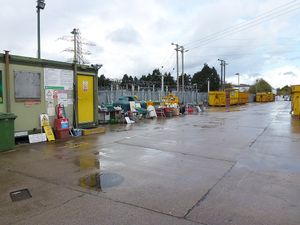Boris Johnson and partygate: Why is the former PM giving evidence and to who?
The former prime minister is expected to offer a robust defence when he appears before MPs to give evidence.
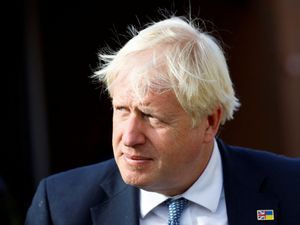
Boris Johnson will be grilled by the Privileges Committee on Wednesday to defend himself against claims that he lied to Parliament over the partygate scandal.
The former prime minister is expected to offer a robust defence when he appears before MPs to give evidence.
Before the highly anticipated session, here is what you need to know.
– What is the Privileges Committee?
It is a Commons committee that has been charged with undertaking a parliamentary investigation into whether Mr Johnson lied to MPs over the partygate row.
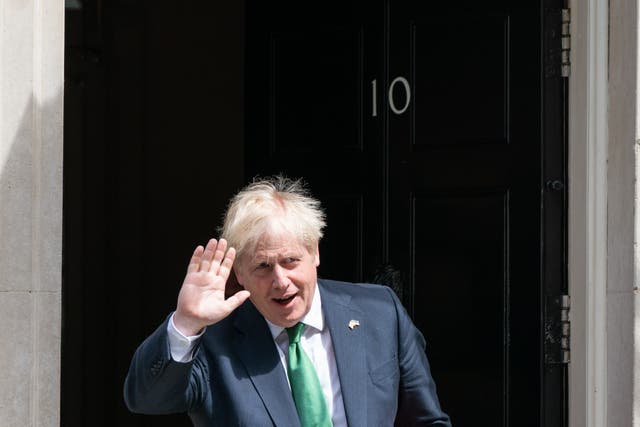
This is not the first time that MPs have considered whether an individual is in contempt of Parliament, but it is perhaps one of the most high-profile cases.
The committee, a seven-member cross-party body, is examining evidence from at least four occasions when Mr Johnson may have misled MPs with his assurances to the Commons that lockdown rules were followed.
The committee will publish its findings on whether Mr Johnson committed a contempt of Parliament and can make a recommendation on any punishment. But the ultimate decision will lie with the full House of Commons.
– Who is the chair?
Labour grandee Harriet Harman is chair of the Privileges Committee. In Parliament since 1982, she is the longest-standing female MP and a former Cabinet minister.
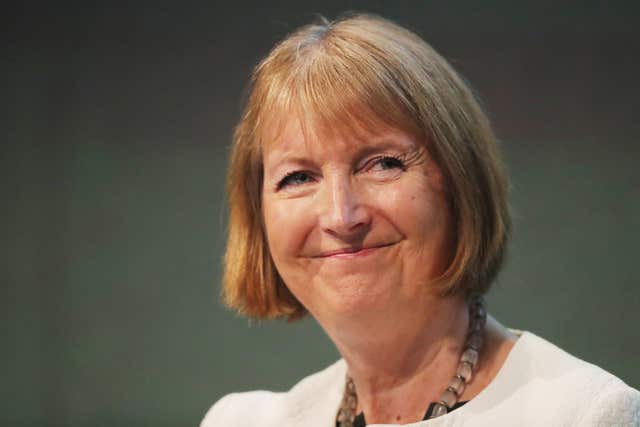
Ms Harman, due to stand down at the next general election, has long been an outspoken advocate for equality in politics and a strong feminist. She has served in numerous government roles and senior positions in Labour under a succession of leaders, and also served as deputy leader.
– What about other members?
Sir Bernard Jenkin is another veteran MP. A Conservative, he has been in Parliament since 1992.
A veteran Tory Eurosceptic and chairman of the powerful Liaison Committee, he was a critic of Mr Johnson’s handling of the Chris Pincher affair and is an often vocal voice from the backbenches.
Sir Charles Walker, another member of the committee, is standing down at the next election. Another independently minded Conservative backbencher, he made headlines last year for his emotional criticism of the chaos that engulfed the final days of the Truss administration.
The rest of the committee is made up of Conservative MPs Andy Carter and Alberto Costa, as well as Labour’s Yvonne Fovargue and the SNP’s Allan Dorans.
– What will Boris Johnson be asked?
The committee has been clear that the purpose of the inquiry is to consider whether Mr Johnson misled Parliament, rather than comb over the various details of the partygate furore.
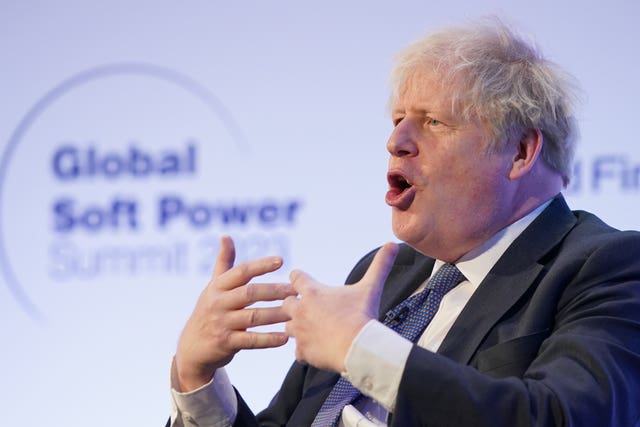
This is likely to see questions revolve around some of the written evidence contained in the committee’s interim report.
That includes WhatsApp messages given to the inquiry showing advisers “struggling” with how parties were within the rules, with one conceding an excuse “blows another great gaping hole in the PM’s account”.
The committee has said: “The evidence strongly suggests that breaches of guidance would have been obvious to Mr Johnson at the time he was at the gatherings.”
Such a claim is likely to be a central part of proceedings on Wednesday.
– What will his defence be?
Mr Johnson has always protested his innocence, rejecting any suggestion that he “knowingly or recklessly misled Parliament”.
He and his lawyers’ argument on Wednesday is likely to focus on questioning the “balance of probabilities” standard of proof, claiming instead that Mr Johnson must be shown to have intended to mislead Parliament for contempt to have occurred.
The committee, for its part, has said that such a standard is “in accord with the past practice of the committee” but expect wrangling over that position during the hearing.
Mr Johnson has already tried to question Sue Gray’s report on partygate, pointing to her decision to quit the civil service because she intends to take up a role as Labour leader Sir Keir Starmer’s chief of staff.
Allies have also questioned the impartiality of Ms Harman after a social media post last year indicated she believed Mr Johnson had misled Parliament.
– What is the position of the Government?
Prime Minister Rishi Sunak has said he will not seek to influence MPs on the committee.
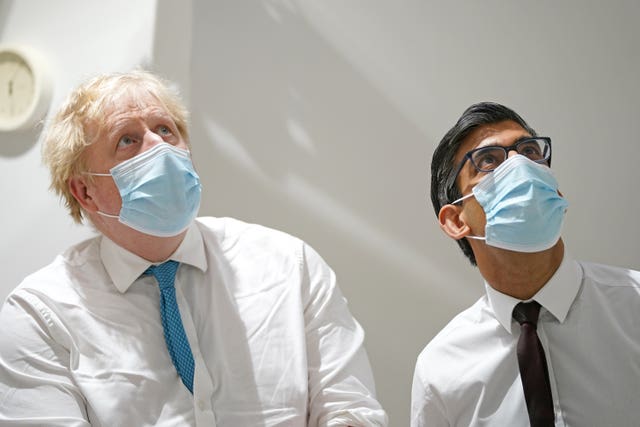
He is expected to grant a free vote in the Commons on any sanction that may be recommended.
But if Mr Johnson is found in contempt and sanctions are recommended, this is likely to cause a headache for the current Prime Minister.
Mr Johnson retains support within both the Conservative Party and within Mr Sunak’s Cabinet.
Northern Ireland Secretary Chris Heaton-Harris raised eyebrows earlier this month when he offered a staunch defence of Mr Johnson when asked about the probe, while Home Secretary Suella Braverman said over the weekend that she admired the former prime minister.





